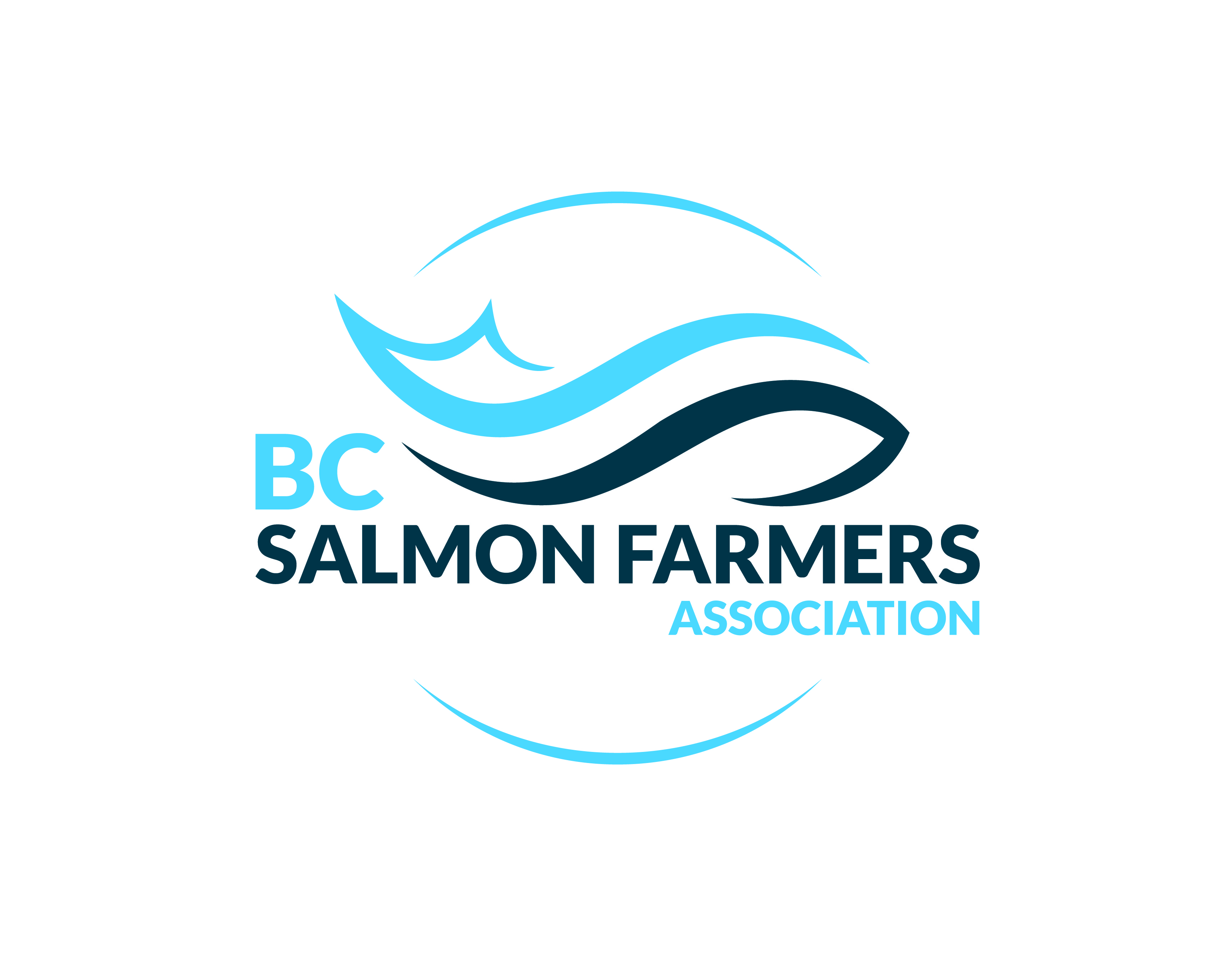Salmon Farming: Growing Fish Sustainably
Salmon farmers in British Columbia are committed to growing the world's best fish and are continually improving their environmental practices. As part of their commitment to sustainability, members of the BC Salmon Farmers Association raising Atlantic Salmon in British Columbia are striving to become 100% certified by the Aquaculture Stewardship Council (ASC) by 2020 – a certification that is currently only held by 66 salmon farms around the world.
In order to establish the ASC certification, which was launched by the World Wildlife Fund, there was a series of Salmon Aquaculture Dialogues that involved representatives from the industry, as well as NGO’s and scientists.
“All of those people worked together and came up with a standard that included everything that all of these different stakeholders felt was important,” said Katherine Dolmage, Certification Manager, Marine Harvest Canada.
Developing the standard was an 8-year process, which engaged over 2,000 participants and stakeholders. To obtain the ASC certification, salmon farms must meet over 50 requirements, which include antibiotic usage, feed programs, and environmental impact on the ocean floor.
The salmon farming industry has long been challenged by activists claiming the industry’s fish were harming wild stocks and the environment. Searching for the truth, author Peter Robson spent three years conducting research for his book, Salmon Farming: The Whole Story, and admits that he couldn’t find any science that indicating that it’s harming the environment.
“To be honest I could not find the smoking gun. I was figuring that had to something there that was going to damn salmon farming, and there wasn’t,” said Robson.
Rigorous testing programs are in place at all farms to monitor the fish and ensure they’re healthy. In addition, underwater cameras are used to monitor the feeding process to prevent over feeding, reducing food waste and accumulation of feed on the ocean floor.
“People in our community do hold us to a higher standard and want to see us having the best practices in the world,” said Stewart Hawthorn, Chair, BC Salmon Farmers Association.
While salmon farmers in British Columbia continue towards their goal of being ASC certified, many of the province’s salmon farms have achieved some form third-party certification, including Best Aquaculture Practices (BAP) by the Global Aquaculture Alliance. In addition, Clayquot Sound is home to North America's only organic Chinook salmon farms.
Salmon farmers in British Columbia have a vested interest in the sustainable future of the ocean environment and wild marine species and, as a result, they support wild conservation efforts, providing funds to various hatcheries on Vancouver Island. They believe that farm-raised salmon helps alleviate the pressure on wild stocks, especially during a time when their survival is at risk.

